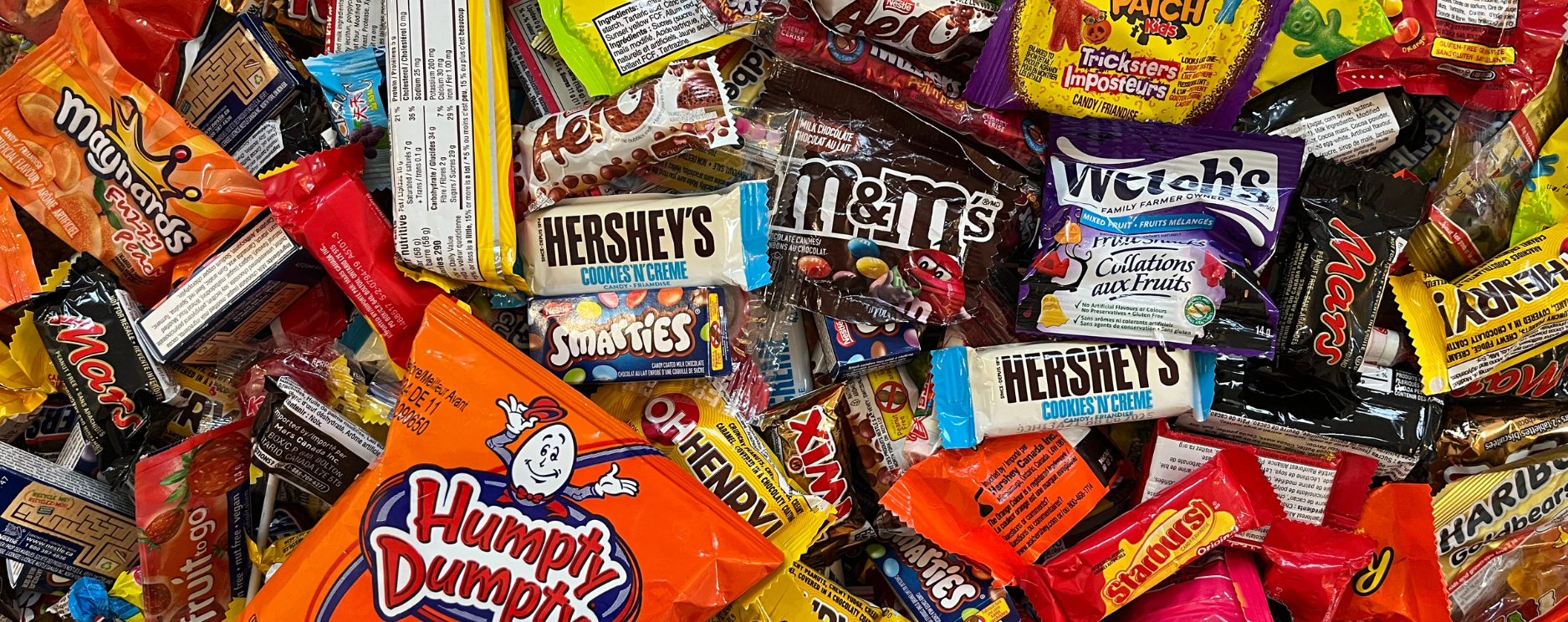Processed VS Whole Foods
The History of Processed Foods:
We all know that processed foods are 'bad' for us, but what really makes them inferior, when it comes to health compared to whole foods?
For most of human history, we ate foods that came directly from the earth. This included animal protein, nuts, seeds, fruits and vegetables. Humans ate this way up to the agricultural revolution 10,000 years ago. When humans discovered agriculture, grains were then added to the list of foods and became a regular part of our diet.
Whole foods generally refers to foods from the earth up to about 100 years ago when we reinvented 'processed foods'.
Processing food historically has been practiced as a way to preserve and make food more digestible (ie: grinding grain into flour). The 'processed' food that we know of today is actually from 'tertiary processing' which is the commercial production of ready to eat foods. How did we get to this level of processing?
'Processed' foods really began during the first World War with canning. Then during the second World War, frozen foods were introduced. As western civilizations came out of the war and became prosperous, humans with their natural ingenuity for creating new things accelerated production of processed foods for consumer consumption.
At the time it was a brilliant idea, being convenient, inexpensive and tasty. Society embraced this new concept without knowing that processing food would end up being part of the downfall of human health.
We now know that processed foods, with the goal to improve shelf life, satisfy our insatiable need for convenience and maximize corporate profit; results in a low quality 'food like' product delivering minimal nourishment, promoting disease and contributing to pollution.
Why is Processed Food Inferior to Whole Foods?
As a whole food becomes processed, it loses its nutritional value and is combined with ingredients that add empty calories that are both void of nutrition and often toxic to our bodies. In small amounts these additives are harmless but compound years of eating processed cereals or meats and you will not only see, but feel the difference.
Whole foods on the other hand are not only fresh but maximize nourishment (vitamins and minerals) compared to processed foods. Whole foods also provide more water and fiber than their processed counterparts.
Consider this Processed vs. Whole Foods Comparison:
Nutri-Grain Apple Bar (37g):
- Calories: 130kal
- Carbs/Sugars: 26g
- Fiber: 2g
- Water: 7%
- Ingredients: 30
- Calories per gram of food: 3.5kcal
Apple (150g):
- Calories: 52kcal
- Carbs/Sugars: 23g
- Fiber: 2g
- Water: 80%
- Ingredients: 1
- Calories per gram of food: 0.35kcal
One of the great things about whole foods is that it fills you up more and leaves you feeling less hungry. Consider this, when was the last time you over indulged on apples? Chances are never. The water and fiber content of fresh apples prevents you from ever gorging on too many of them. It is as if whole foods have natural overeating inhibitors built in! A processed fruit bar on the other hand has a much higher probability of being over consumed.
Processed foods are more likely to also contain inflammatory ingredients in them. Ingredients like sugar, enriched wheat flour, vegetable oils etc are added into processed foods to appeal to our taste buds more.
Final Thoughts:
While processed foods have their place as a convenient way to consume calories, if you were camping for example, they should be eaten minimally. Always choose to make as much of your diet consist of whole foods for optimal nourishment.











